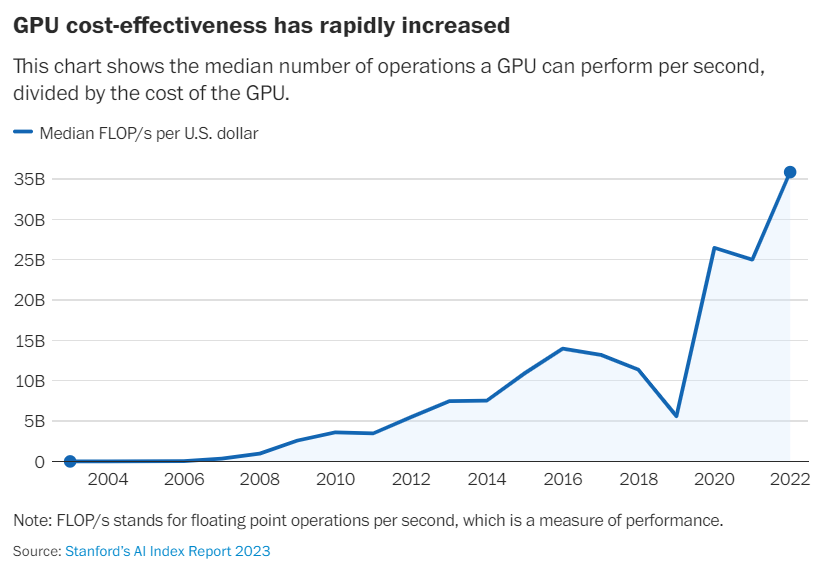CONTEXT
My political ideology is based on a few core moral principles, namely (1) fidelity to, or reasonable respect for, facts, true truths and sound reasoning, even when they are inconvenient, (2) politics and government should be in service to the public interest (a concept unavoidably loaded with essentially contested concepts), and (3) reasonable compromise as a bulwark against authoritarianism, i.e., secular tyranny and/or religious theocracy. The main goal is fostering a mindset focused on defense of democracy, a stable, sustainable and reasonably rational balance of power between the people and special interests.
Reasonable compromise is a tricky concept, much more complicated than appears on the surface.
About reasonable compromise
A NYT article this morning triggered thinking about reasonable compromise in democracy.
The NYT article:
House Set to Vote on Debt Limit Bill Amid Republican Resistance
Speaker Kevin McCarthy was working to cobble together the votes to push through the compromise he struck with President Biden, as lawmakers in both parties signaled their displeasure with the plan
Reasonable compromise arguably is an essentially contested concept. At least some of the elites on the two sides of the debt deal are unhappy. Some of them probably won't vote to support it in congress. Some of the public is also unhappy with the deal. Many elites and rank and file just don't see reasonable compromise in it.
So, what is reasonable here? If there was no deal, the US would default on its debt and major chaos and serious social pain would likely ensue. Maybe actual catastrophe and many deaths would ensue. In terms of what is politically possible and necessary to avoid default, some kind of deal needs to get passed by congress and signed by the president. Period.
From a purely pragmatic point of view, one could probably argue that any deal is reasonable, even if there is no compromise in it, with one side or the other getting everything they wanted. In this deal, both sides got some of what they wanted. Therefore, it is a compromise that has a chance of passing congress and being signed into law.
But, what if the radical right agenda in this is a relentless march toward some form of secular and religious tyranny? Each step toward tyranny is a win for the pro-tyranny forces and a loss for the pro-democracy forces. Each time the tyranny forces have enough power and win, they will inch closer to their ultimate goal. Wins for tyrant wannabes can include laws built on compromise.
By contrast, the pro-democracy forces are fighting to defend democracy. By definition, political and social power in a democracy are distributed and thus mixed in with (i) members of the public who, knowingly or not, actively support the tyranny forces, and (ii) people who don't participate. With tyranny, power is much more concentrated and focused with elites than with average people. Their goals are more power and wealth. The goals of pro-democracy forces are much more fragmented and complex.
Is the debt deal mostly pro-tyranny, mostly pro-democracy
or an ambiguous mix of both?
Some of what the radical right authoritarians got is definitely anti-democracy. Specifically the elimination of about $22 billion of $80 billion marked for the IRS to improve tax compliance is anti-democracy. The Republicans want to protect wealthy tax cheats. Those tax cheats have bought Republican Party protection through our corrupt pay-to-play political system. Corruption is inherently anti-democracy. Corruption tends to concentrate power and wealth with the elites. Although the radical right vehemently denies it, there is no rational way to deny any of that.
The deal also includes amendments to the National Environmental Policy Act to streamline permitting for energy projects. House Republicans claim this the first significant reforms to NEPA since 1982. It has been a cherished, decades-long goal of radical right ideologues and the business community to gut environmental regulations. Those special interests and vested elites want freedom to pollute and profit from it. This provision of the deal probably moves toward that goal. This mostly benefits special interests and the elites who profit, although elites deny it, pointing to jobs or whatever else that might be plausible. If one believes that trashing the environment mostly for the benefit of special interests and vested elites is inherently unstable, then this too might be more pro-tyranny than pro-democracy. The balance of energy impacts between polluting carbon and green energy is not clear, so impacts of this is hard to read.
The provisions that the Democrats got deal mostly with limiting proposed Republican cuts to social domestic spending. In terms of defending democracy, that is mostly neutral. Maybe it is pro-democracy if the amounts of limited spending are actually big enough to make much of a difference in the overall federal debt. Neither side wants to cut the gigantic US military budget, which amounts to $886 billion in the current debt deal. That is anti-democracy because it favors unsustainable fiscal policy.
On balance, it appears that the debt deal is moderately more pro-tyranny than pro-democracy. If one believes that is true, then is this a reasonable compromise? It is a pragmatic compromise if it is the only deal that can pass and get signed into law. But is it reasonable?
Qs: In view of the relentless, grave threat to American democracy the pro-tyranny radical right poses, is it time for significant new and existing laws to be analyzed for their pro-tyranny and pro-democracy content or impacts?
Or, would analyzing laws for their democracy content be a counterproductive exercise because too many essentially contested concepts are present in most or all significant laws for a meaningful analysis of power and wealth flows to be reasonably estimated?[1]
Footnote:
1. For context, political power flow has been studied and estimated. Presumably the same thing can done for individual laws or clusters of related or overlapping laws.
The chart below shows political power. It was made in 1880 and shows about 100 years of American political history.



























